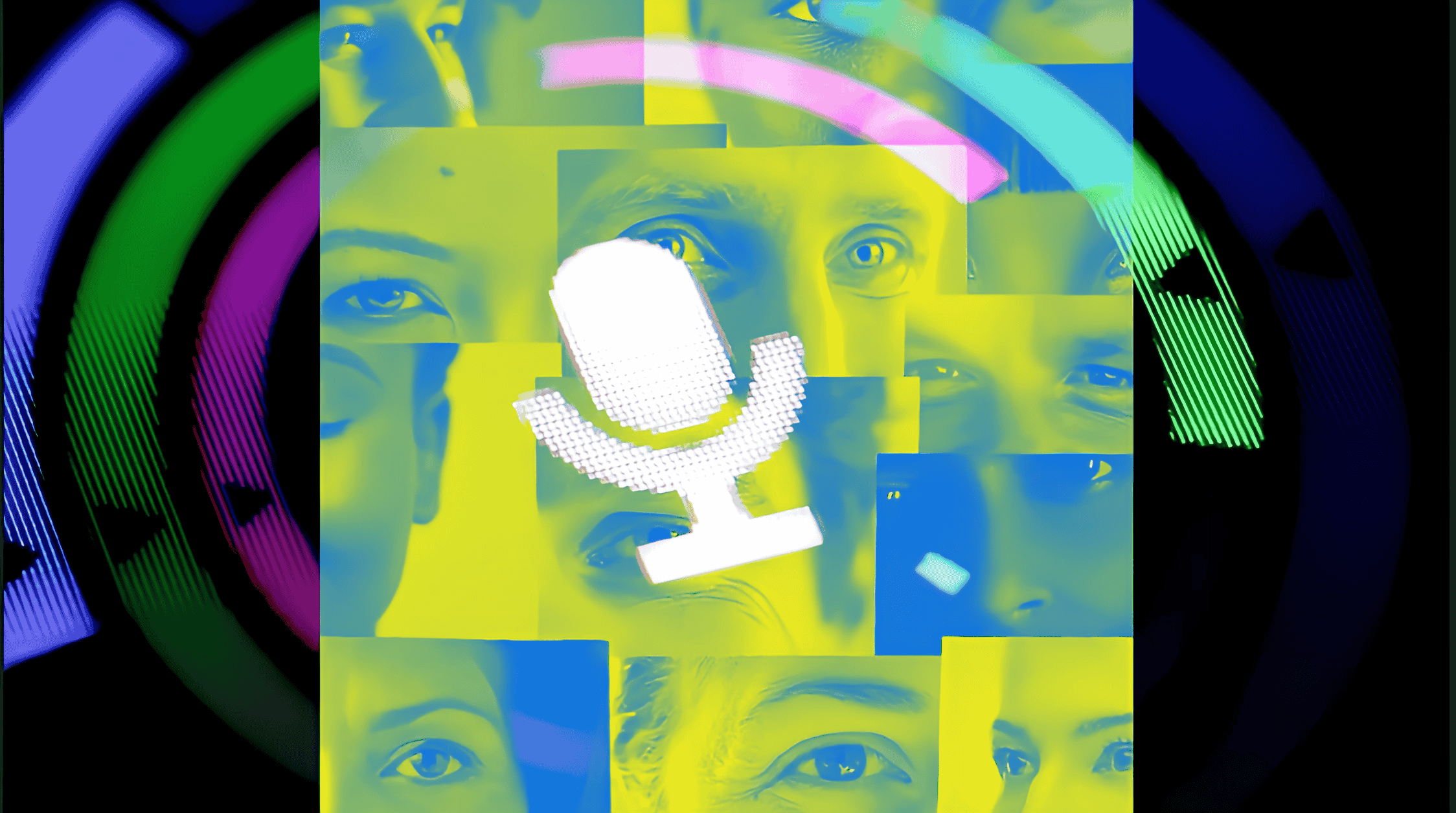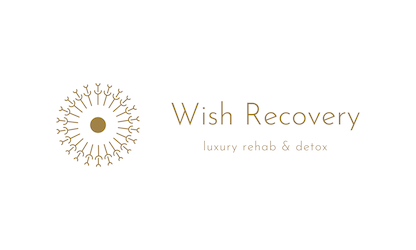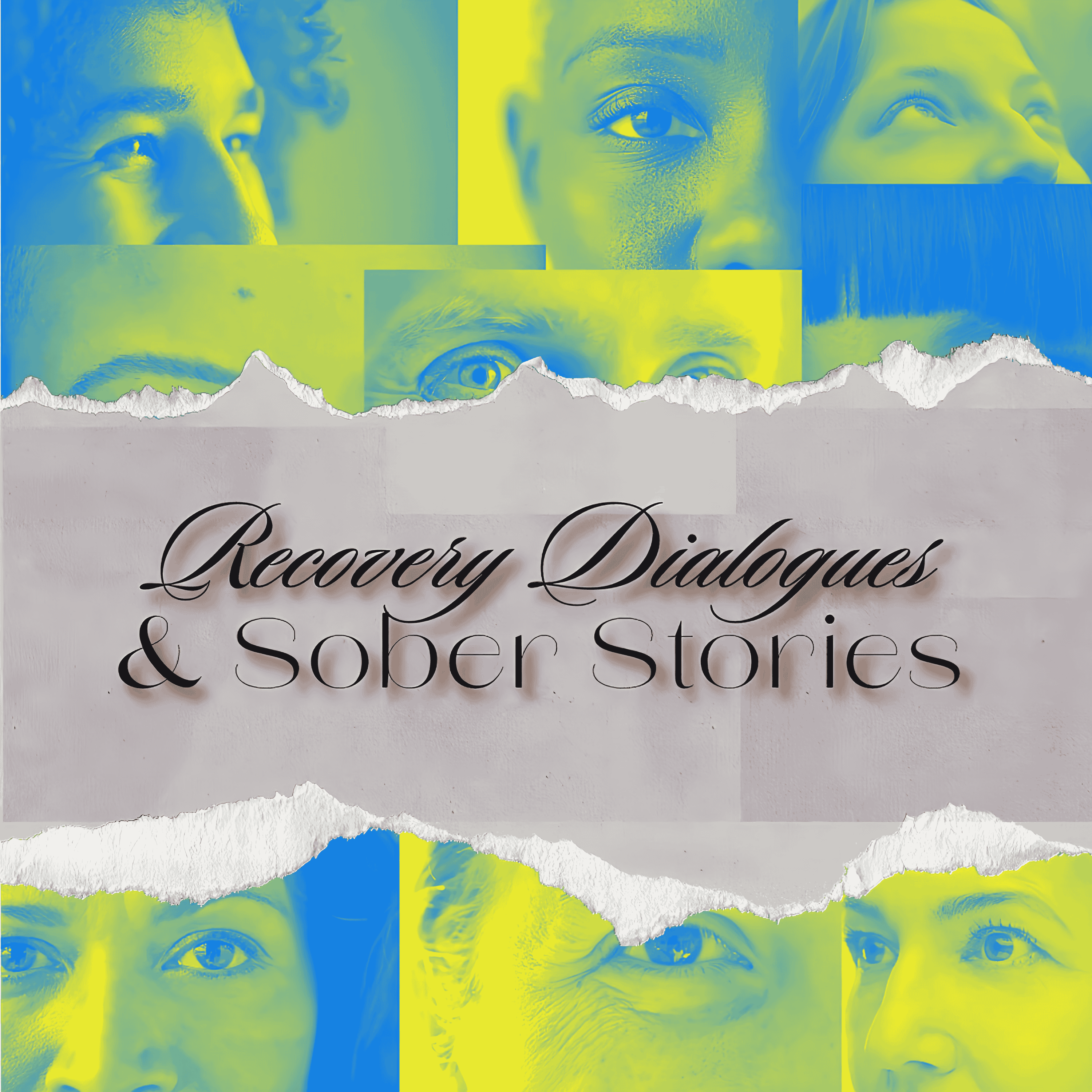

Transforming Lives: The Power of Healthy Habits, Positive Relationships, and Self-Care in Sustainable Recovery
Recovery Dialogues & Sober Stories
| R Antonio Matta, Isabelle Wettergren | Rating 5 (1) (0) |
| contentdonewrite.org | Launched: Sep 27, 2023 |
| antonio@contentdonewrite.org | Season: 2 Episode: 1 |
Can healthy habits and supportive relationships transform your journey to sustainable recovery? In this empowering episode of Recovery Dialogues and Sober Stories, host lived experience expert Richard and recovery coach Isabelle Wettergren join Antonio Matta. Together, they explore the vital lifestyle changes crucial for long-term sobriety, including self-care practices, building positive relationships, and finding purpose after addiction.
Discover practical strategies like mindfulness, setting healthy boundaries, and embracing physical activity to enhance well-being. Whether you're on your own path to recovery or supporting someone else, this episode offers valuable insights to help you overcome challenges and foster a fulfilling, sober life.
Learn how embracing healthy habits and nurturing positive relationships can transform your recovery journey.
———
Attention: You can support the show with donations on our GoFundMe campaign. To elevate your support, consider sponsoring Season Three of our transformative series. Partnering with us could inspire positive change. If you know any mental health professionals, addiction experts, or recovery organizations interested in sponsorship, please reach out! Email Antonio Matta or contact them on LinkedIn.
Podcast hosted on PodOps
SUBSCRIBE
Episode Chapters

Can healthy habits and supportive relationships transform your journey to sustainable recovery? In this empowering episode of Recovery Dialogues and Sober Stories, host lived experience expert Richard and recovery coach Isabelle Wettergren join Antonio Matta. Together, they explore the vital lifestyle changes crucial for long-term sobriety, including self-care practices, building positive relationships, and finding purpose after addiction.
Discover practical strategies like mindfulness, setting healthy boundaries, and embracing physical activity to enhance well-being. Whether you're on your own path to recovery or supporting someone else, this episode offers valuable insights to help you overcome challenges and foster a fulfilling, sober life.
Learn how embracing healthy habits and nurturing positive relationships can transform your recovery journey.
———
Attention: You can support the show with donations on our GoFundMe campaign. To elevate your support, consider sponsoring Season Three of our transformative series. Partnering with us could inspire positive change. If you know any mental health professionals, addiction experts, or recovery organizations interested in sponsorship, please reach out! Email Antonio Matta or contact them on LinkedIn.
Podcast hosted on PodOps
Can healthy habits and supportive relationships transform your journey to sustainable recovery? In this empowering episode of Recovery Dialogues and Sober Stories, host lived experience expert Richard and recovery coach Isabelle Wettergren join Antonio Matta. Together, they explore the vital lifestyle changes crucial for long-term sobriety, including self-care practices, building positive relationships, and finding purpose after addiction.
Discover practical strategies like mindfulness, setting healthy boundaries, and embracing physical activity to enhance well-being. Whether you're on your own path to recovery or supporting someone else, this episode offers valuable insights to help you overcome challenges and foster a fulfilling, sober life.
Learn how embracing healthy habits and nurturing positive relationships can transform your recovery journey.
———
Attention: You can support the show with donations on our GoFundMe campaign. To elevate your support, consider sponsoring Season Three of our transformative series. Partnering with us could inspire positive change. If you know any mental health professionals, addiction experts, or recovery organizations interested in sponsorship, please reach out! Email Antonio Matta or contact them on LinkedIn.
Podcast hosted on PodOps





